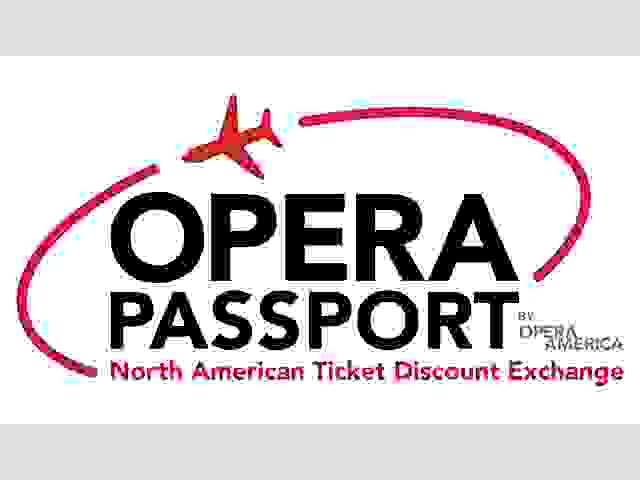Forums for Thought
How can an arts organization build new audiences while retaining current ones, and how can it do so in a way that boosts its overall financial health? That’s the guiding question of Building Audiences for Sustainability (BAS), an ongoing Wallace Foundation project, launched in 2015, that has provided multiyear grants to 25 performing arts organizations, funding their audience-building efforts and market research. The BAS project was the focus of a session at OPERA America’s most recent Marketing/PR Forum, a two-day meeting in October that brought together some 35 marketing and communications specialists from opera companies across the U.S. and Europe, and one of several OA-hosted convocations at the National Opera Center this fall.
Forum attendees heard from Christopher Perez, vice president of TDC, a consulting firm that works with Wallace, about some of the initial insights gleaned from the BAS-funded projects. Several findings have upended traditional assumptions about audience behavior. One BAS-funded organization, an opera company, did a deep dive into its subscriber base and found that even though it was able to grow new-to-file subscribers at a remarkable rate — 300 percent over 10 years — its total subscriber pool was still shrinking because long-term, presumably loyal subscribers weren’t acting as expected: They were failing to renew. Another BAS-funded organization, a theater company, bucked the idea that more subscriber households always equals more revenue; rather, the company was able to achieve higher total revenue when it raised subscription rates and thus caused a significant drop in subscriber households, but also an increase in spending among its longest-subscribing households.
The BAS-funded organizations also raise questions of how to measure the success of an audience-building project. One opera company used its BAS grant to create first-timer events designed first-timer events themselves were a success — they sold well, and saw increased attendance each year — but very few attendees were converted to mainstage ticket-buyers (only 7 to 13 percent each year), calling into question whether such a program made sense for the company’s bottom line. Another organization, a music presenter, used its BAS grant to supplement its mainstage series with a festival aimed at attracting younger audiences. Unlike the mainstage series, which turns a slight profit, the festival has operated at a loss, but it has generated lots of media buzz and philanthropic attention for the company, potentially justifying its existence.
To read more about the some of the early findings of the Building Audiences for Sustainability project, visit wallacefoundaton.org/BASStories.
FORUM TAKEAWAYS
The Marketing/PR Forum was one of five forums hosted by OA this fall for industry professionals. The others brought together professionals working in education, performer development, technical/production and development. These are some of the takeaways from those meetings.
Education/Community Engagement
“When you approach a potential partner, come to the table with an offer, not an ask. See what issues matter to that partner and find commonalities between your organizations.”
“Acknowledge that your role in EDI work can shift depending on context: Sometimes it’s best to be a supportive ally, sometimes you can take on the role an active collaborator, and other times all you can do is provide a space for a conversation to unfold.”
Marketing/PR
“If you have limited time for social media, it’s best to do one platform really well, rather than three half-heartedly.”
“Is community engagement a marketing tool? To what degree should engagement efforts be expected to recruit new audiences?”
Performer Development
“Cisgender, heterosexual romance serves as the main dramaturgical motivation in most standard repertoire. How could we reinterpret these works to make space for transgender artists and stories?”
“Due to the nature of our industry, the ‘workplace’ often extends beyond the office or rehearsal room into private spaces. We must create standards of behavior for non-traditional work spaces.”
Technical/Production
“When longtime tech-prod staffers depart, their job purviews are often so vast and specialized that it feels impossible to replace them. Don’t be scared to hire someone that doesn’t have all those skills; it’s an opportunity to recreate the position.”
Development
Gregory Robertson, chief advancement opera at Houston Grand Opera, discussed best practices for donor relations, including:
- Never surprise a donor with an ask. Make it clear when setting up a meeting that it will be about financial support of a specific project, and give a donor permission, in advance, to say no.
- Give donors the option to make a gift over multiple payments, whenever is most convenient for them.
- Don’t just thank donors; report back to them about the impact of their gifts. Show them how they are the heroes of your organization.
This article was published in the Winter 2020 issue of Opera America Magazine.





